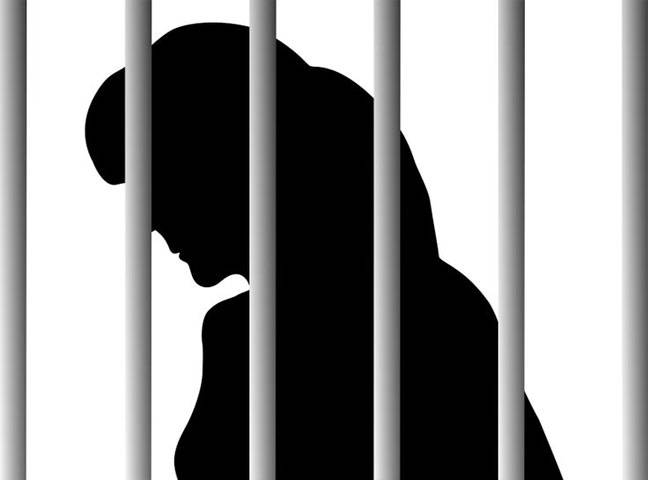LAHORE - More than half of the women in Punjab prisons are locked up for drugs offences while the second highest number comprises of those charged or convicted in murder cases.
Out of total 881 women, at least 549 are reported to be under trial prisoners while 311 are convicted. Another 21 women are identified as condemned prisoners.
According to Punjab prisons department, most of the women prisoners are locked up in Lahore’s central jail, Rawalpindi central jail, and Faisalabad district jail. More than 100 women are locked up in the Multan Women Jail.
Police officers who interrogated women for drug selling were of the view that many of the suspects picked up the menace because of their partners. They say many women started selling drugs along with their partners after they got addicted.
On the other hand, crime and legal experts say most of the women are wrongly implicated in crime cases due to one or another reason. They also blame legal complications in the criminal justice system which delays prosecution in courts as well.
According to officials, maximum proportion of the women prisoners is illiterate and more than half of them are married with children. Most of them belonged to poor families and they are dependants on relatives.
A large number of women are imprisoned due to crime such as murder and kidnapping.
According to official statistics, at least 339 women are facing trials in murder cases while another 40 women were jailed for on the charges of kidnapping or abduction. However, most of the women were jailed for drug related offenses including using as well as possession of illegal drugs.
Since women make less than three percent of the total police population, the women suspects are investigated and interrogated by male police officers. The complaints of police torture on women suspected of crime are also common.
Lawyer and rights activist Mumtaz Ali says women rarely commit crime in this male dominated society. While taking to The Nation he said that most of the women languishing in Punjab jails belonged to poor families and they are in jails because they are unable to afford legal fight.
“Actually, women are mostly implicated in crime cases due to different reasons. We have seen they are often implicated in murder cases and drug related offences,” he said. “When their partner commits any crime and flees, women are arrested and implicated in the same case. This is a common practice here.”
A large proportion of women in prison worldwide are in pre-trial detention, awaiting their trials for years and beyond the sentence matching the offence with which they are charged, according to a study conducted by the United Nations Office on Drugs and Crime in Pakistan several years ago. “A similar situation was seen in Pakistan and out of the 359 women prisoners interviewed, an astounding 59% of the women were reported to be under trial.”
Rights activists also say that since all detainees and under-trial prisoners who have not yet been convicted and sentenced should be considered innocent. However, no such practice has been observed which leads to untried women being held with convicted prisoners and being subjected to the same regime as convicted prisoners. The average age of prisoners across all prisons was reported to be 35.
Unlike male prisons, overcrowding is not a serious issue in female prisons. However, the hygiene conditions in all prisons are far from ideal. The sanitation facilities available for prisoners varied according to various prisons or barracks. The number of wash rooms ranged from 3 to 4 prisoners per wash room to 60 prisoners per wash room in one of the larger prisons.
In Punjab, only a few prisons have the safe drinking water facility available for the prisoners. In most of the jails, tap water is available for 24 hours but the water is not purified, leading to various water borne diseases. While women prisoners were reported to keep their children with them in prisons, there were no childcare facilities available in any of the prisons across the province. Inadequate medical facilities were reported by female prisoners from nearly all prisons.
Although doctors are available in all prisons but the diagnostic and treatment facilities were found to be far from satisfactory. No measures to deal with the mental health issues were reported to be provided by the prison authorities.






